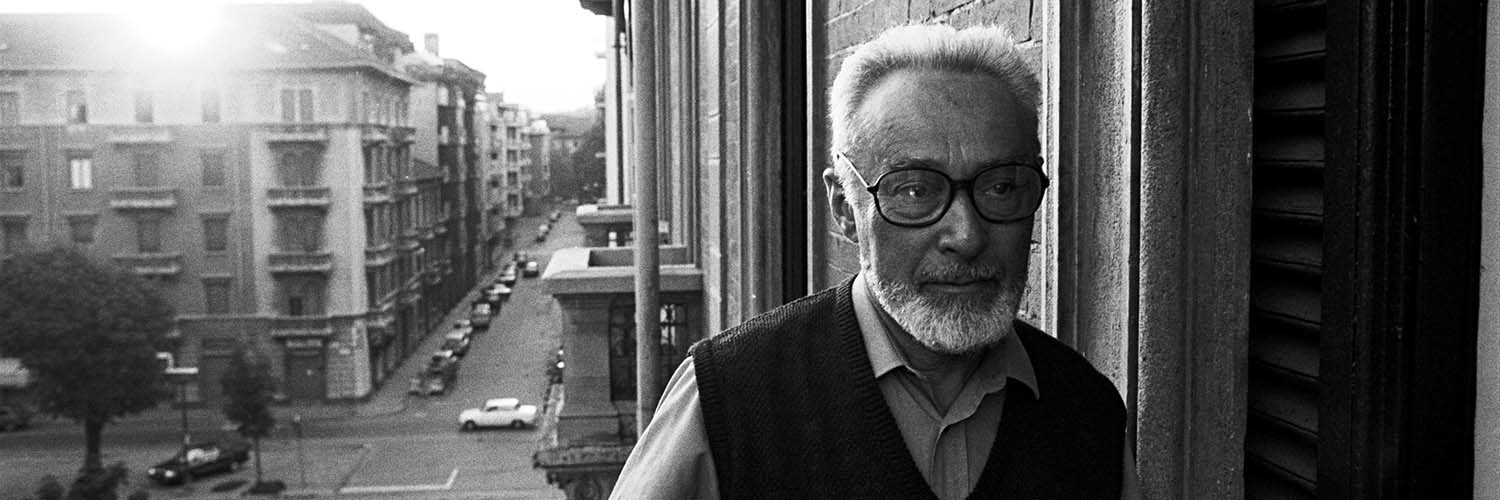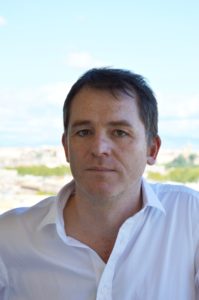The Thaw: The Many Meanings of 'Truce'

The Truce, written in 1962, takes up where If This is a Man left off, recounting Primo Levi’s epic journey on trains, on foot, and on horse-and-cart, as he makes his way across war-scarred Europe from liberated Auschwitz back to Turin. But it is also a psychological journey from disenchantment to re-enchantment, from imprisonment to freedom, from the Nazi “cult of emptiness” to a celebration of human difference and vitality. The “Truce” of the title has several meanings: the literal end of the war, the strange in-between world after the horror has ended but ordinary life has yet begun, and the temporary suspension of moral judgement required to move forward.
The Thaw: The Many Meanings of 'Truce'
The Truce, written in 1962, takes up where If This is a Man left off, recounting Levi’s epic journey on trains, on foot, on horse-and-cart, as he makes his way across war-scarred Europe from liberated Auschwitz back to Turin. But is also a psychological journey from disenchantment to re-enchantment, from imprisonment to freedom, from the Nazi “cult of emptiness” to a celebration of human difference and vitality. The “Truce” of the title has several meanings: the literal end of the war, the strange in-between world after the horror has ended but ordinary life has yet begun, the temporary suspension of moral judgement required to move forward.
Meet the Faculty
Professor of English
Donald R. Keough Family Professor of Irish Studies
Concurrent Professor of Romance Languages and Literatures
Concurrent Professor of Irish Language and Literature

Barry McCrea is a novelist and scholar of modern European, Latin American, and Irish literature. His most recent book is Languages of the Night: Minor Languages and the Literary Imagination in Twentieth-Century Ireland and Europe (Yale University Press, 2015), which won the American Comparative Literature Association’s René Wellek prize for the best book of 2016. He is the author of The First Verse, a novel, winner of a number of awards including the 2006 Ferro-Grumley prize for fiction and a Barnes and Noble “Discover” prize, and of In the Company of Strangers: Narrative and Family in Dickens, Conan Doyle, Joyce and Proust (Columbia University Press, 2011), which won the Yale Heyman Prize for scholarship in the humanities. Professor McCrea holds a B.A. in romance languages from Trinity College Dublin, and a Ph.D. in comparative literature from Princeton. Before joining Notre Dame, he taught comparative literature at Yale University, where he was appointed full professor in 2012. Professor McCrea teaches fall semesters in the Rome and Dublin Global Gateways and spring semesters on campus.
A Short Biography of Primo Levi
Primo Levi was born in Turin, Italy, in 1919. He grew up in the then-vibrant Jewish community of Piedmont (later colorfully described in his novel The Periodic Table) where he received a classical education and was trained as a chemist. During the war, he joined the Italian resistance. He was captured and deported to Auschwitz. Of the 650 people deported with him, three survived. Shortly after returning to Turin and taking up work as a chemist, Levi wrote a memoir of his time in the concentration camp, If This Is a Man (translated in the United States as Survival in Auschwitz), which became not only one of the key testimonies of the Holocaust but also a masterpiece of European literature. Levi went on to become one of the most important Italian writers of the 20th century, matching the objective, descriptive eye of the scientist with a sensitivity to language and natural wit.
Who is Primo Levi?
An introduction to Primo Levi, the world he came from, his early life, his experiences in Auschwitz, and his path to becoming one of the great Italian writers of the 20th century.
"The Truce"
The background to The Truce: how Levi came to write it, what it is about, how it can speak to us today.
Additional Resources
Read the first five chapters of The Truce from “The Thaw” through “Cesare.”
View the Event
Subscribe to the ThinkND podcast on Apple, Spotify, or Google.
Featured Speakers:
- Barry McCrea, Professor of English, Donald R. Keough Family Professor of Irish Studies, Concurrent Professor of Romance Languages and Literatures, Concurrent Professor of Irish Language and Literature, University of Notre Dame
